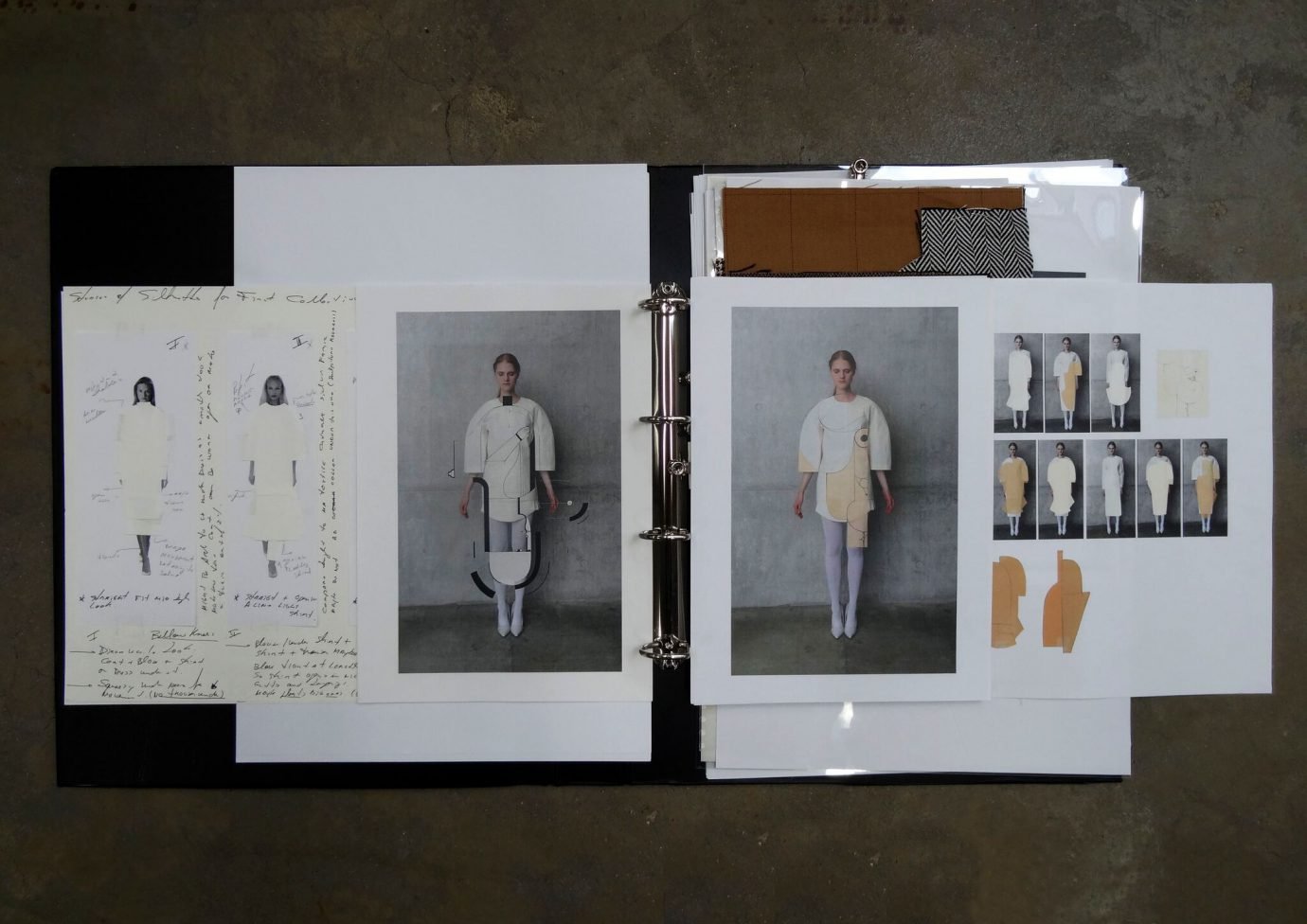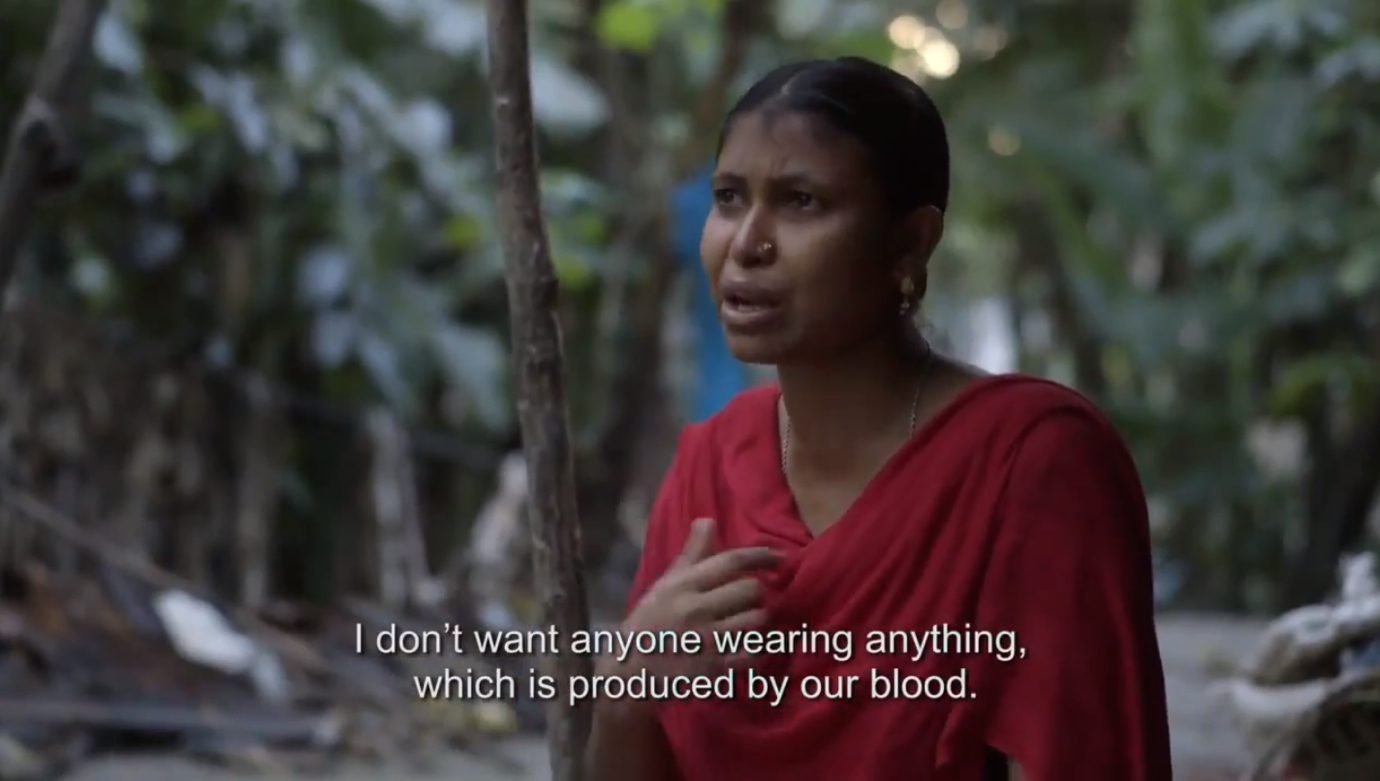For the second year now, Alexander McQueen is donating fabrics to creative young people and students studying fashion and textiles at universities, colleges, and in community education projects across the UK. The scheme, introduced by the brand’s creative director Sarah Burton in 2019 and organised directly with tutors, aims to bring prolonged life to a production surplus that would elsewhere likely have been discarded. In doing so, the brand has already given fabrics free of charge to over twenty institutions across the UK. With the fabrics donated being used in various graduate collections last year, it is clear that Alexander McQueen is putting to use a more sustainable production cycle that actually benefits young designers and creatives.
“It’s our responsibility to extend our programme of practical help and encouragement to students and fashion schools.” – Sarah Burton
The scheme intends to not just help students in their work but also to involve the students in the brand’s design process. In 2019, a group of womenswear students from Central Saint Martins attended a life drawing class led by Julie Verhoeven at Alexander McQueen’s cavernous Old Bond Street archive space. The student’s continuous line drawings were then printed onto linen and later embroidered onto a dress worn by the late Stella Tennant as part of the SS20 collection. This piece is a key signifier of the more circular and collective design ethic adopted within the house (the whole team at McQueen was invited to assist in the construction of the dress).
““When times are so much more difficult for young creative people, taking action to share our resources and open eyes to opportunities has become a central in-house commitment at Alexander McQueen” – Sarah Burton
Speaking of the project, Sarah Burton underlines the duty the brand feels: “It’s our responsibility to extend our programme of practical help and encouragement to students and fashion schools.” For the second round of donations, the scheme is looking to grow. “The fabric donations build on the relationships we’ve made with educationalists across the UK who are teaching students from school age to graduate level and is broadening out to reach further in 2021,” says Burton. To further back this up, the brand is running a variety of projects and workshops led by experts with real-world experience covering pattern cutting, tailoring, print, textile construction, embroidery, and collection research. This was important before, but the pandemic has amplified its relevance and value for today’s students. “When times are so much more difficult for young creative people, taking action to share our resources and open eyes to opportunities has become a central in-house commitment at Alexander McQueen,” Burton notes.
Involving the students in the design practice through projects and workshops and providing them with high-quality surplus materials are all valuable steps in picking at the elitism that reigns in the fashion industry.
This comes as Kering, the luxury conglomerate that owns McQueen, was announced as one of the world’s top ten most sustainable companies, a sign that the wider fashion industry may finally be facing up to its human and environmental impact through methods deeper, more tangible than woke eco-branding and ‘conscious’ collections. Though of course, there is a lot more work to be done, here is an example of a brand using its resources to help young creatives realise their potential and address a clear wealth and resource inequality that exists among today’s fashion students.
It is encouraging to see a sustainable practice that is not purely for brand image: involving the students in the design practice through projects and workshops and providing them with high-quality surplus materials are all valuable steps in picking at the elitism that reigns in the fashion industry. Perhaps this will encourage similar initiatives from others.









